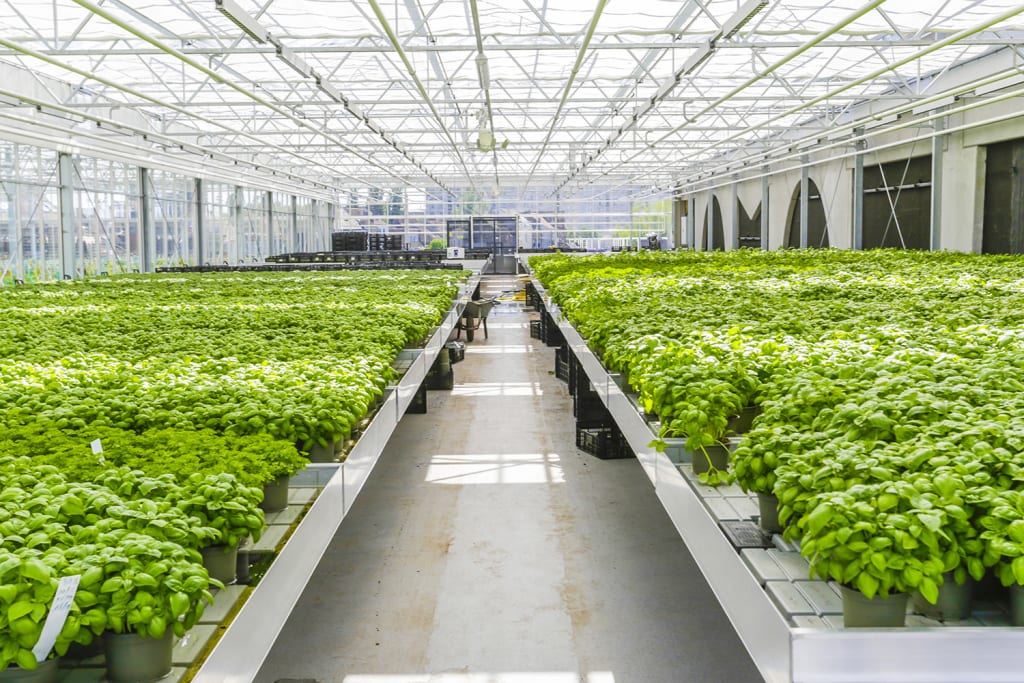
Aqua could be the solution that saves the world's agriculture. In a future where we face challenges such as climate change, soil desertification and fresh water scarcity, the ancient farming technique known as aquaponics, used by the Aztecs, could offer answers.
Aquaponics is a farming system that combines aquaculture (fish farming) with hydroponics (growing plants in water without soil). In this system, the waste generated by the fish, such as ammonia and other nutrients, is converted into plant nutrients. In turn, the plants filter and purify the water, which is then returned to the fish tank. This symbiosis between fish and plants creates a closed and self-sufficient cycle.
Compared to traditional farming, aquaponics has several significant advantages. First, it uses a lot less water. In an aquaponic system, water is continuously recirculated, meaning less water is needed compared to conventional irrigation methods. It is estimated that aquaponics uses only about 10% of the water used in traditional agriculture.
Furthermore, aquaponics is highly efficient in the use of nutrients. Because the nutrients are recycled in the system, less fertilizer is required compared to conventional farming. This reduces water pollution and the leaching of nutrients into the environment, which is especially important in areas where water quality is an issue.
Another advantage of aquaponics is its ability to be implemented in different settings. It can be adapted to small spaces, such as vertical gardens or indoor aquaponics systems, making it especially suitable for urban environments. Furthermore, it can be used on different scales, from small home systems to large commercial installations.
Traditional agriculture faces difficulties in feeding a constantly growing world population. Monoculture, in which a single species is grown in fields, depletes soil nutrients and moisture, causing erosion. Furthermore, this process drives away pollinators and contributes to the destruction of nature. Crop fields are already an ecological problem in themselves, having used up as much agricultural land as possible.
There are alternatives to save degraded soils, such as leaving them fallow during certain periods to allow their regeneration, or replanting native species that recover habitat and biodiversity. Techniques such as aeration and the use of organism-rich compost can also be used to improve soil quality. However, these solutions will not be enough to meet the growing demand for food in the future.
It is in this context that aquaponics is presented as a viable solution. This method combines raising fish with growing plants in water. The natural interactions between fish, plants and microorganisms are harnessed to create a sustainable cycle of food production. The water from the fish is used to nourish the plants, which in turn clean the water, creating a balanced system.
Aquaponics has several advantages. It does not require large tracts of land and can be adapted to vertical spaces, making it suitable for urban environments. In addition, it reduces water consumption by 90% compared to traditional agriculture. It also offers a double production of food, both vegetables and fish, which helps to diversify the diet and reduce the intake of red meat.
However, large-scale implementation of aquaponics faces challenges. The reproduction of a natural ecosystem can lead to disease and pest problems. Furthermore, meticulous care is required to maintain the balance of the system. Despite this, aquaponics offers a promising solution for sustainable food production.
In short, aquaponics could be the answer to saving the world's agriculture. We face important challenges in terms of climate change, soil desertification and the scarcity of fresh water. Aquaponics combines raising fish with growing plants in water, creating a sustainable cycle of food production. Although it has challenges, such as diseases and pests, aquaponics offers a viable solution to sustainably produce food in the future.
If you are interested in learning more about how aquaponics can revolutionize agriculture, please like and follow us.





Comments
There are no comments for this story
Be the first to respond and start the conversation.